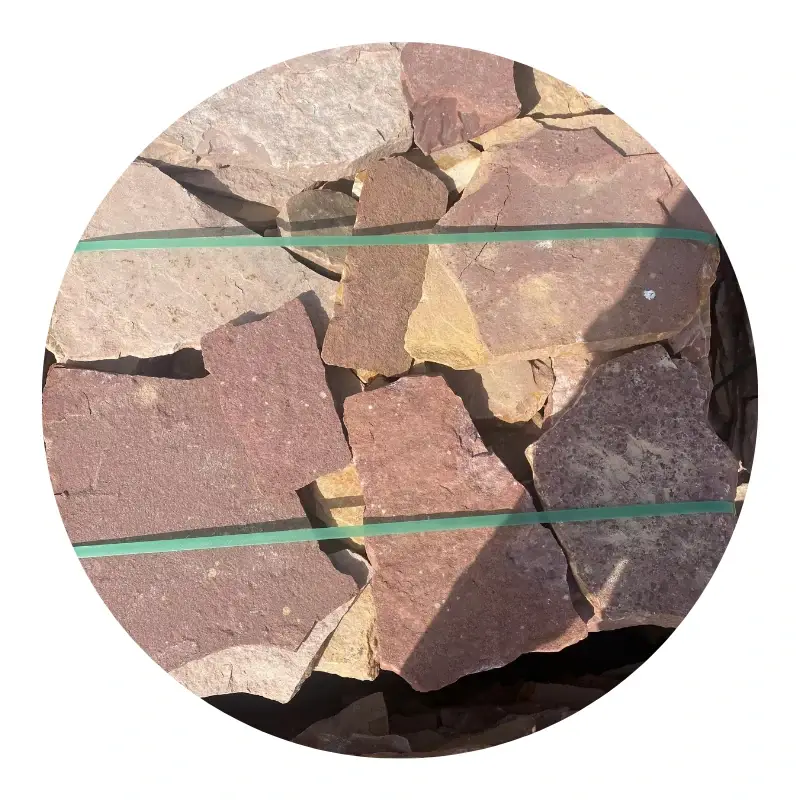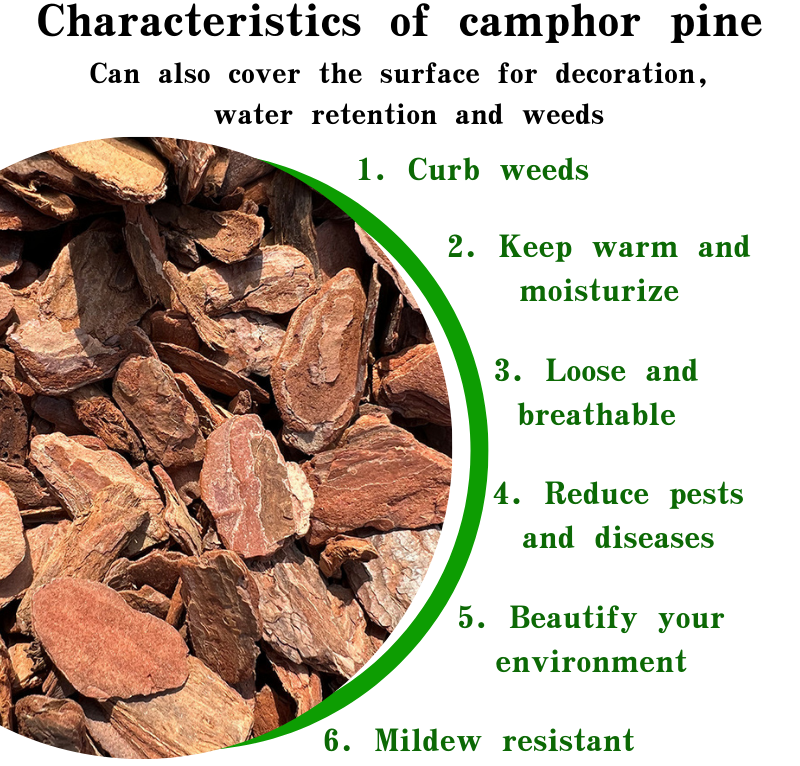
Custom Fired Clay Pebbles Durable & Lightweight Hydroponic Media
- Market Dynamics: Global Demand for Hydroponic Substrates
- Scientific Properties of High-Performance Clay Pebbles
- Industry Manufacturing Standards Comparison
- Technical Requirements for Custom Solutions
- Production Process and Quality Control
- Application Case Studies Across Industries
- Selecting Custom Fired Clay Pebbles Factories

(fired clay pebbles)
Understanding the Growing Demand for Fired Clay Pebbles
The global hydroponics market, valued at $9.5 billion in 2022, drives unprecedented demand for premium fired clay pebbles
, growing at 20.4% CAGR. These lightweight expanded clay aggregates (LECA) form the foundation of modern soilless agriculture, wastewater filtration, and geotechnical engineering solutions.
Commercial growers report 30-50% yield increases when switching to high-grade clay pebbles compared to traditional substrates. The exceptional drainage and cation exchange capacity (CEC 10-20 meq/100g) enable precise nutrient management. Unlike alternative materials, fired clay pebbles maintain structural integrity for 5-7 years, outlasting rockwool or coco coir by 300%.
Environmental regulations across 45 countries now mandate sustainable substrates, positioning fired clay pebbles as the preferred solution due to their 100% recyclability and inert chemical composition. Leading agricultural research centers confirm zero heavy metal leaching (<0.01mg/L) after multiple crop cycles.
Technical Superiority of Modern Clay Pebbles
Advanced manufacturing processes transform raw kaolin clay through precise thermal expansion at 1200°C, creating porous spheres with unique horticultural properties. Unlike standard alternatives, premium grade pebbles achieve optimal air-filled porosity (AFP) exceeding 45% - the critical threshold for root oxygenation in high-value crops like cannabis and tomatoes.
Each sphere undergoes microstructural engineering to achieve:
- Uniform diameter tolerance (±0.5mm)
- High crush strength (>4kg/cm²)
- Controlled water absorption (<18% w/w)
- Consistent pore distribution (30-150 microns)
The firing process determines performance differences - rapid rotary kilns yield denser spheres (800-850kg/m³) suitable for construction applications, while specialized slow-heating vertical kilns produce lightweight horticultural grades (280-350kg/m³) with superior capillary action.
Industry Manufacturing Standards Analysis
| Feature | Standard Factories | Premium Custom Manufacturers | Industrial-Grade Producers |
|---|---|---|---|
| Raw Material Quality | Regional clay (variable composition) | Specified kaolin (>85% purity) | Recycled clay mixtures |
| Size Control Tolerance | ±2.0mm | ±0.3mm | ±4.0mm |
| pH Stability Testing | Batch sampling | Continuous monitoring (ISO 9001) | No certification |
| Customization Options | Limited sizes only | Granulometry, additives, coatings | None |
| Production Capacity | 50-100 tons/month | 500+ tons/month | 1000+ tons/month |
Engineering Custom Clay Pebbles Specifications
Leading custom fired clay pebbles factories employ material scientists to develop application-specific formulations. Precision agriculture operations require specialized aggregates optimized for their proprietary nutrient delivery systems - a service standard suppliers cannot provide.
Tailoring solutions involves:
- Particle Engineering: Modified sphere geometries for specific flow dynamics
- Surface Treatments: Beneficial microorganism inoculation or pH buffers
- Composite Integration: Zeolite or biochar blends for enhanced CEC
The Dutch floral industry employs custom 8-16mm pebbles with ceramic micro-pores (5-10μm) that maintain 32% moisture retention in recirculating systems - reducing irrigation frequency by 40%. Pharmaceutical growers use anti-microbial coated versions that reduce pathogen transmission by 89%.
Manufacturing Process Quality Assurance
Premium custom factories implement exhaustive quality control throughout production. Raw material analysis begins with X-ray fluorescence (XRF) testing to verify chemical composition. During firing, automated kiln sensors maintain ±10°C temperature stability for uniform expansion.
Post-production testing includes:
- ASTM D7481 sieve analysis
- Electron microscopy pore structure verification
- Hydraulic conductivity measurement
- Heavy metal screening (Pb<0.005%, Cd<0.001%)
Controlled cooling cycles prevent microfractures that standard manufacturers overlook. This meticulous approach ensures custom batches achieve identical performance across multiple production runs with less than 1.5% variability.
Application Performance Across Industries
High-performance fired clay pebbles demonstrate versatility beyond horticulture:
Vertical Farming: Toronto's commercial tower farm uses custom 12-18mm pebbles achieving 87% reduction in root disease versus conventional media. The precisely graded spheres increased basil production to 22 harvests/year.
Stormwater Management: Permeable pavements with engineered clay aggregates process 1,200L/min/m² runoff while filtering 94% of hydrocarbons - meeting EPA Phase II requirements.
Aquaponics: Singapore's integrated fish-farm system utilizes surface-modified pebbles that colonize nitrifying bacteria 65% faster than standard media, enabling 35% higher stocking density.
Selecting Custom Fired Clay Pebbles Manufacturers
Evaluating custom fired clay pebbles factories requires technical due diligence beyond standard supplier checks. Verify three critical capabilities: material research infrastructure (in-house laboratories), manufacturing adaptability (minimum production batch <2 tons), and documented performance consistency (production tolerances ≤3%).
Leading factories provide:
- Granulometry customization from 2mm to 50mm
- Specialized bulk density ranges (250-900kg/m³)
- Application-specific coatings (mycorrhizae, silicon)
- Documented compliance with EU 2003/2003 (fertilizer) and ANSI/ANS-8.1 standards
When consulting custom fired clay pebbles factories, request third-party performance validation reports. Top-tier manufacturers conduct controlled university trials, providing empirical data confirming crop yield improvements and structural performance.

(fired clay pebbles)
FAQS on fired clay pebbles
-
Q: How to find reliable custom fired clay pebbles manufacturers?
A: Search specialized industrial directories or B2B platforms like Alibaba. Verify certifications like ISO and request product samples. Attend trade shows focused on construction or horticulture materials.
-
Q: What distinguishes custom fired clay pebbles factories from standard suppliers?
A: Factories handle in-house production with tailored sizing and porosity control. They offer bulk customization, unlike suppliers who resell generic stock. Direct factory partnerships often yield cost savings.
-
Q: What customization options exist for fired clay pebbles?
A: Factories adjust diameter (2-50mm), shape (round/irregular), and firing temperature. Chemical coatings for pH balancing or nutrient retention are available. Some provide branded packaging for distributors.
-
Q: How to ensure quality in custom fired clay pebbles production?
A: Confirm raw material purity (≥95% kaolin clay) and rotary kiln firing above 1200°C. Request third-party tests for porosity (40-50%) and EC levels (<0.5 mS/cm). Inspect batch consistency via factory audits.
-
Q: What MOQs do custom fired clay pebbles factories typically require?
A: Standard MOQs range from 5-20 tons for basic customization. Smaller batches (1-3 tons) may incur surcharges. High-volume orders (50+ tons) often receive preferential pricing and faster lead times.
Share
-
High Purity Quartz Sand for Industrial and Ground ApplicationsNewsJul.24,2025
-
High-Quality Zeolite Powder for Industrial & Agricultural UseNewsJul.23,2025
-
Premium Cultured Stone Ledgestone for Lasting Elegance OutdoorsNewsJul.22,2025
-
High Purity Ceramic Particles: Durable SolutionsNewsJul.21,2025
-
Silicon Carbide: High-Performance Abrasive & Refractory SolutionsNewsJul.21,2025
-
Export-Quality Calcined Dolomite Powder | High Purity Per Ton PriceNewsJul.20,2025






